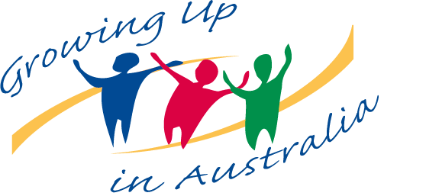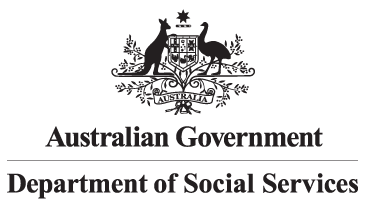Text description: Adolescent injury
Figure 1: Proportion of adolescents aged 16–17 years who reported injury in the previous two years
Stacked bar chart
- Female
- Not injured 81.1%
- One injury 9.3%
- Two or more injuries 9.6%
- Male
- Not injured 74.7%
- One injury 12.0%
- Two or more injuries 13.3%
- Total
- Not injured 77.9%
- One injury 10.7%
- Two or more injuries 11.5%
<< Return to Figure 1.
igure 2: Place where injuries happened, sports injuries and non-sports injuries
Pie charts
- Place sport injury occurred
- School (28.4%)
- Outside public place (55.8%)
- Inside public place (14.2%)
- Place non-sport injury occurred
- Home (30.7%)
- School (18.3%)
- Work (7.5%)
- Another's home (7.7%)
- Outside public place (17.7%)
- Inside public place (2.6%)
- Public road (6.4%)
- Other (9.2%)
<< Return to Figure 2.
Figure 3: Percentage of adolescents with a sports injury, by adolescent characteristics
Bar chart:
- Sex
- Male (14.9%)
- Female (10.2%)
- Parent education
- Degree (11.0%)
- No degree (14.5%)
- Team sport
- No (7.1%)
- Yes (17.4%)
- Fitness activity
- No (10.9%)
- Yes (14.1%)
- Prior injury
- No (10.3%)
- Yes (16.8%)
- SEIFA Index of socio-disadvantage
- Low (13.1%)
- Middle (11.2%)
- High (15.1%)
- Agreeableness
- Low/moderate (13.2%)
- High (8.1%)
<< Return to Figure 3.
Figure 4: Percentage of adolescents with a non-sports injury, by adolescent characteristics
Bar chart
- Parent income
- Low (12.8%)
- Middle (8.2%)
- High (8.2%)
- Parent education
- Degree (7.7%)
- No degree (10.8%)
- Prior injury
- No (7.4%)
- Yes (13.7%)
- School status
- Government (9.5%)
- Catholic (7.1%)
- Independent (9.3%)
- Not in school (15.6%)
- Employed
- No (7.8%)
- Yes (11.0%)
- Team sport
- No (11.4%)
- Yes (6.8%)
- Low parental monitoring
- No (8.6%)
- Yes (11.8%)
- Conscientiousness
- Low/moderate (10.5%)
- High (6.5%)
- Neuroticism
- Low/moderate (8.8%)
- High (13.1%)
- Openness
- Low/moderate (8.4%)
- High (12.6%)
<< Return to Figure 4.






